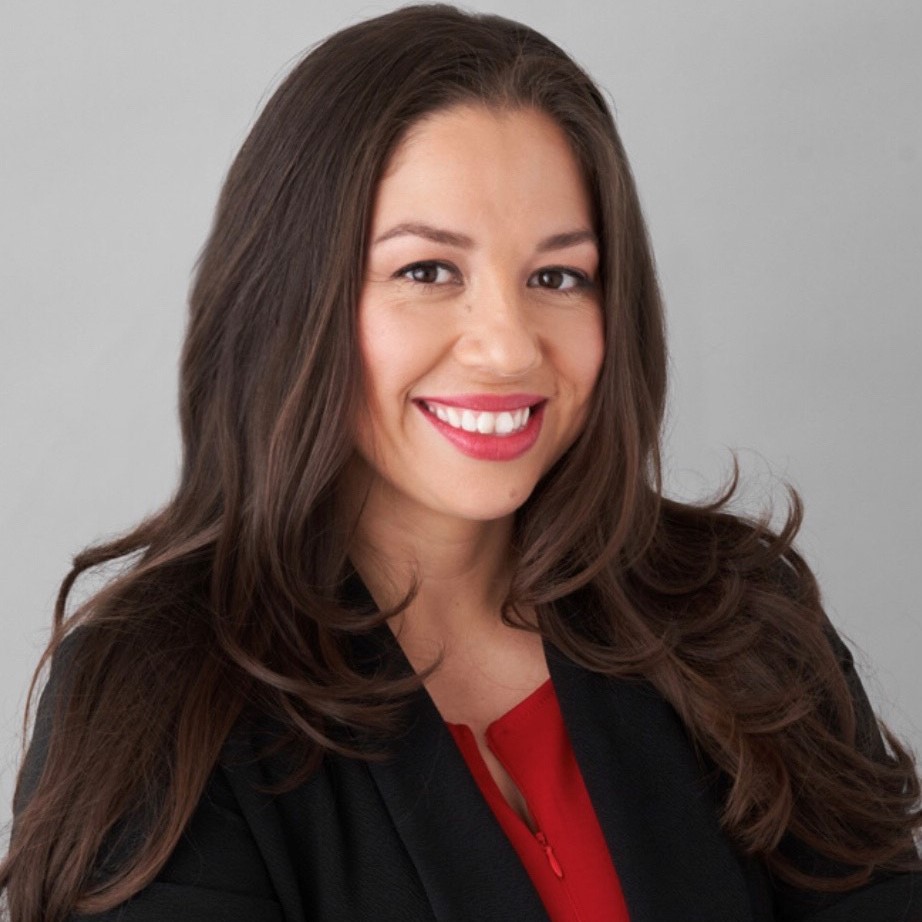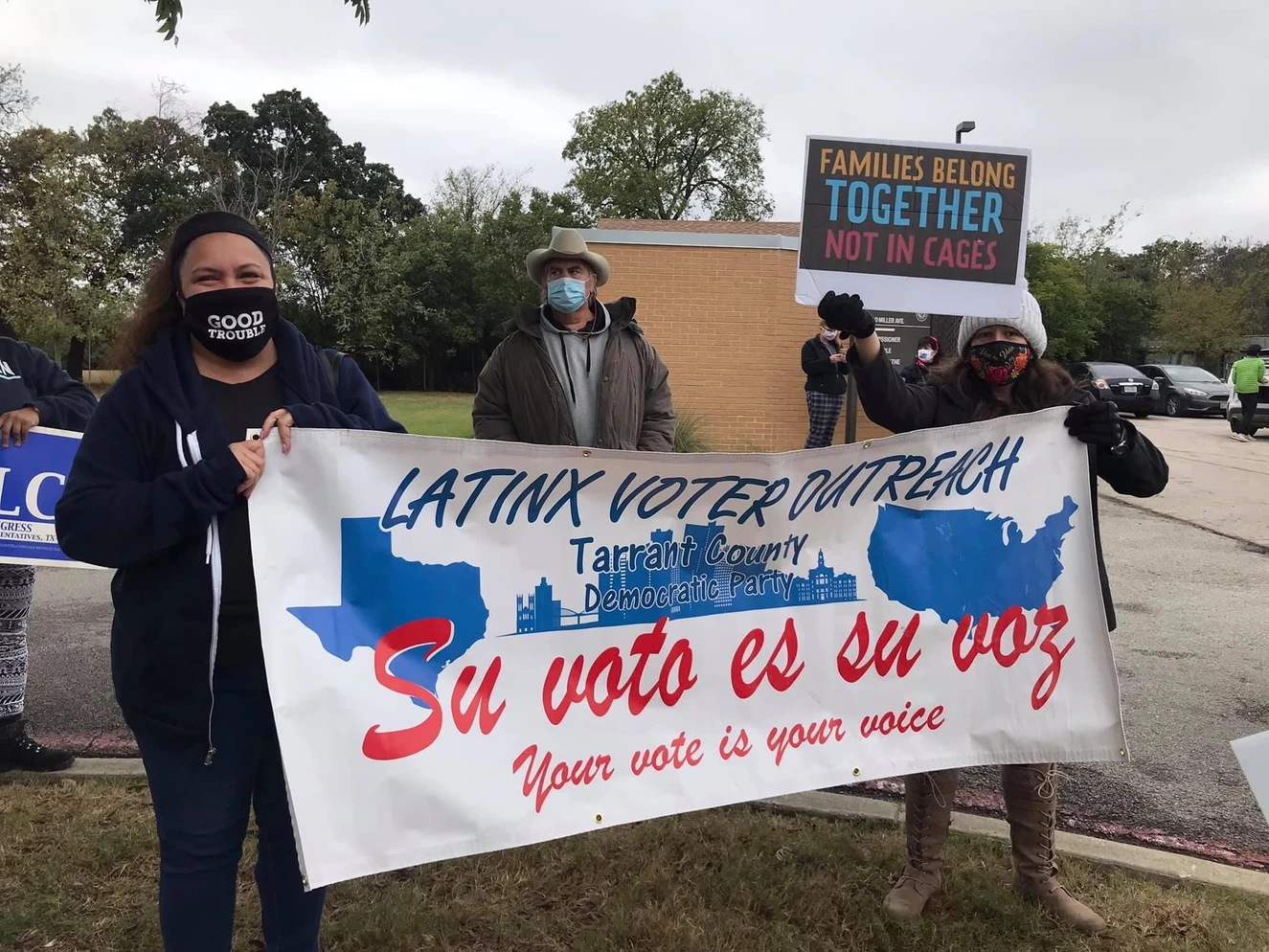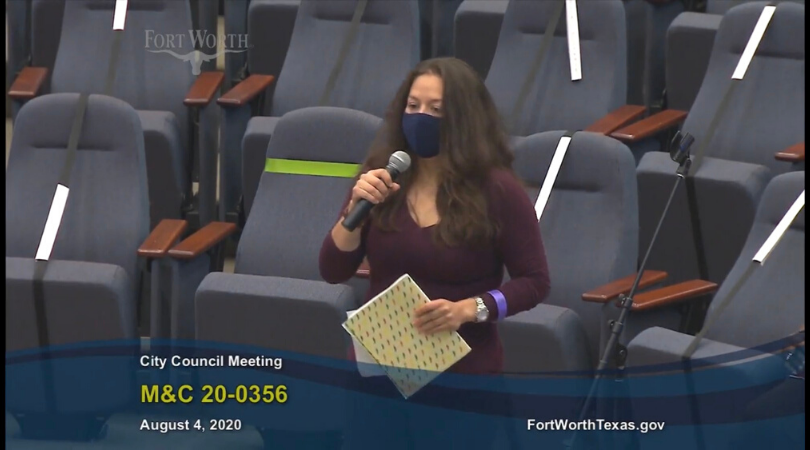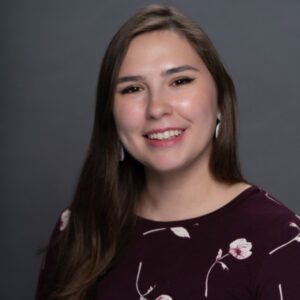
ER nurse and Fort Worth City Council District 4 candidate Tara Wilson has spent the last five years deeply involved in advocating for marginalized communities. Her love for her community and concerns about the issues facing it are what pushed Wilson to run for City Council.
Wilson grew up in poverty in Waco: the electricity and water were sometimes shut off in her home and she often went hungry. Because the focus was on survival, Wilson didn’t encounter politics until adulthood, but she recalls those experiences today in her community advocacy efforts.
“I think about the kids in the houses that I grew up in; those kids need our help, and they need support,” Wilson said. “And that’s what I’m thinking about when I’m making decisions.”
Wilson recalls a village of teachers and other community members who helped her make it through the difficulties of her childhood. In particular, she credits her elementary school soccer coach, Lionel McGee, and his wife Kim with being her biggest saving grace – they took a special interest in Wilson, often having her over for dinner after practices. They reconnected later on, when Wilson was in a nursing program and Kim ended up as her personal mentor.
“Had it not been for them, things would have been very, very different,” Wilson said.
While she first took notice of national politics in the early 2000s, Wilson started getting involved in local community issues around 2015. She recalls first getting involved in social justice when Mark Hughes, a Black man, was falsely accused of ambushing Dallas police officers in the 2016 shooting.
“After that, I started going up to Dallas to support activism and community issues, especially those that affect brown communities and black communities,” Wilson said. “That was definitely the spark that got me going into activism.”
Wilson moved to Fort Worth in 2017, and while she had already been involved in social justice issues, she became involved more deeply after the fatal 2019 police shooting of Atatiana Jefferson. At the time, she had been traveling quite a bit to support activism efforts, but that was the first time she was confronted with social and racial justice issues in her own backyard.
“I thought, I have to stand up and be a part of this movement here in my city, and fight for her, fight for her family, and fight for everyone else that this issue touches,” Wilson said.
When Wilson and other residents were barred from City Hall in the aftermath of the shooting, she started to see a problem with transparency from city officials. She began trying to engage and start conversations with the city council but was met with a lack of response. She’s seen transparency issues that impact everything from the budget to zoning laws to police-community relations and is dedicated to opening a line of communication between the city council and the community.
“That’s my biggest platform: we need to engage our neighborhoods, we need to talk to them, especially marginalized communities, especially our working class communities,” Wilson said. “We need to go in there and say ‘What do you need? What is your struggle right now? How can we help?’”
While she had already been considering it for some time, Wilson officially decided to run for city council after attending a July meeting at which the public was barred from giving input. Since then, she’s dedicated her free time to preparing for her campaign, balancing shifts as an ER nurse with time spent watching city council meetings, learning about civic issues, and becoming even more informed on the issues facing District 4.
Wilson’s election is May 1st, and voting starts on April 19th. To learn more about Wilson and support her campaign, visit votetarawilson.com or check out @votetarawilson on social media.





